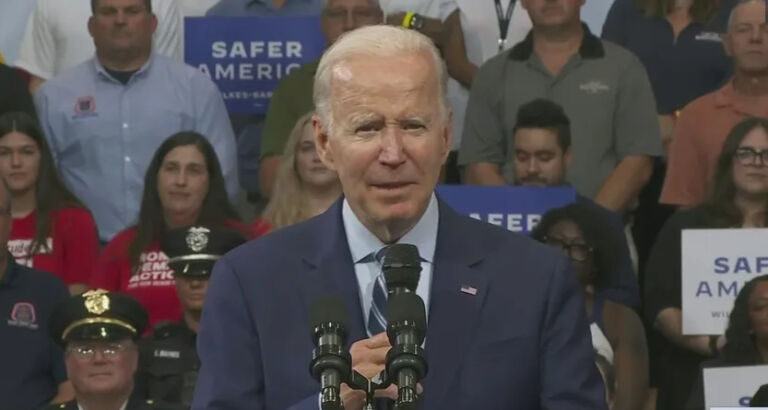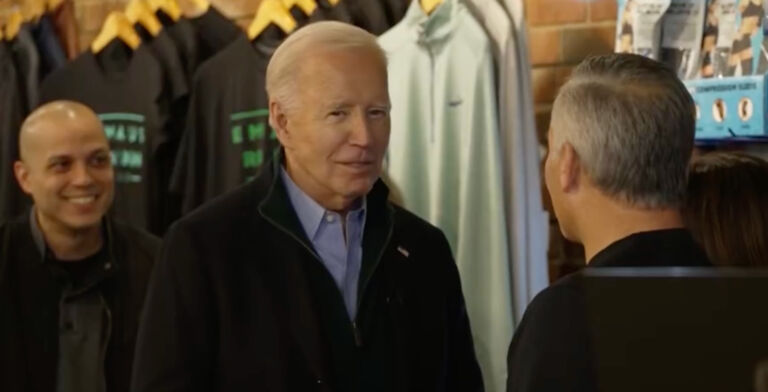It’s called Initiative 77. As Reason details, it’s a ballot item in Washington D.C. that would impose a $15/hour minimum wage on restaurants. Here’s how things work now:
Restaurant owners in the district currently pay waitstaff $3.33 an hour, well below the minimum wage, with the expectation that they will earn the rest (and sometimes much, much more) in tips. If gratuities fall short, existing law dictates that employers must make up the difference. Even so, the initiative would require D.C. restauranteurs to increase base pay to the prevailing $15 minimum wage.
Tips can be quite lucrative, particularly in a town like D.C. It means that, under the guise of ‘helping’ restaurant staff, Initiative 77 would actually penalize restaurant staff by lowering what they earn. And for consumers? Higher prices are likely on the way .
“Our jobs, should they still exist, will be completely changed for the worse,” says Joshua Chaisson, vice president of the Restaurant Workers of America, an advocacy organization dedicated to preserving the tipped wage system across the country.
The data agree with him. States that upped the minimum wage in recent years have disproportionately disadvantaged low-wage workers, with employers forced to cut hours or eliminate those jobs entirely.
“We like working for tips. We earn a great living working for tips. The idea that we need to be saved or helped is completely disingenuous at best and a bold-faced lie at worst,” says Chaisson, who earns $28 an hour on average.
Mr. Chaisson is on point. I’ll not question the motives of those who support the mandate. What I question is their inability to look beyond the immediate and see the clear signs of what is likely to come: fewer jobs and higher menu prices. Nothing is broken here. There’s no need to ‘fix’ anything. If they truly want to ‘help’ restaurant workers, then let them earn a living, and let restaurants owners and managers continue to provide quality and value to their customers.
Perhaps those in Washington D.C. should review the Seattle effect before casting a ballot on Initiative 77. In January, our Jon Sanders looked at the findings of a National Bureau of Economic Research study on Seattle’s efforts to ‘help’ workers.
Seattle plans for the city minimum wage to be $15 per hour through a series of incremental hikes. In 2015, it was raised from $9.47 to $11 per hour. In 2016 (the second part of the phase-in), it was raised to $13 per hour.
As explained in the new issue of Regulation, the study was a sobering wake-up call to well-intentioned advocates for helping the poor by phasing in significant hikes to the minimum wage.
The University of Washington results are striking. The researchers found the first minimum wage increase from $9.47 to $11 in 2015 resulted in statistically insignificant reductions in hours worked and jobs. But the second increase to $13 had dramatic effects.
Hours worked fell by between 8.7% and 10.6%, and the total number of low-wage jobs decreased by between 5.1% and 6.3%. Employers in Seattle cut back on both the number of low-wage employees and the hours that retained employees worked relative to the synthetic control of weighted counties in the rest of Washington. The result is that the average person affected by the law was $125 per month worse off because of the policy change.
Enough said.


